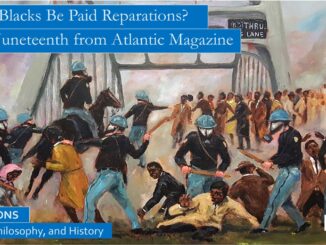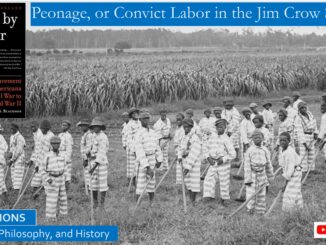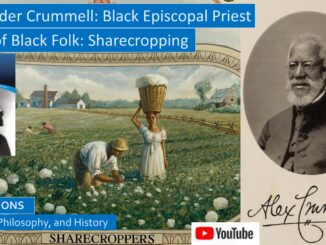
Should Blacks Receive Reparations? Happy Juneteenth from Atlantic Magazine, Civil Rights Articles
The most compelling story in the Atlantic Juneteenth collection is “The Case for Reparations” by Ta-Nehisi Coates. He is one of the Black Lives Matter banned authors, banned for making sensitive white children ashamed of their past history, ashamed that slavery was indeed the cause of the Civil War, ashamed of the brutal history of Jim Crow and KKK violence during Reconstruction and Redemption targeted at blacks. Ta-Nehisi Coates’ works were deleted from the AP Black History Studies course in a futile attempt to make it acceptable to Red State schools. If they wanted to change the emphasis to the AP Lost Cause White History Studies course, they would have better luck. […]


